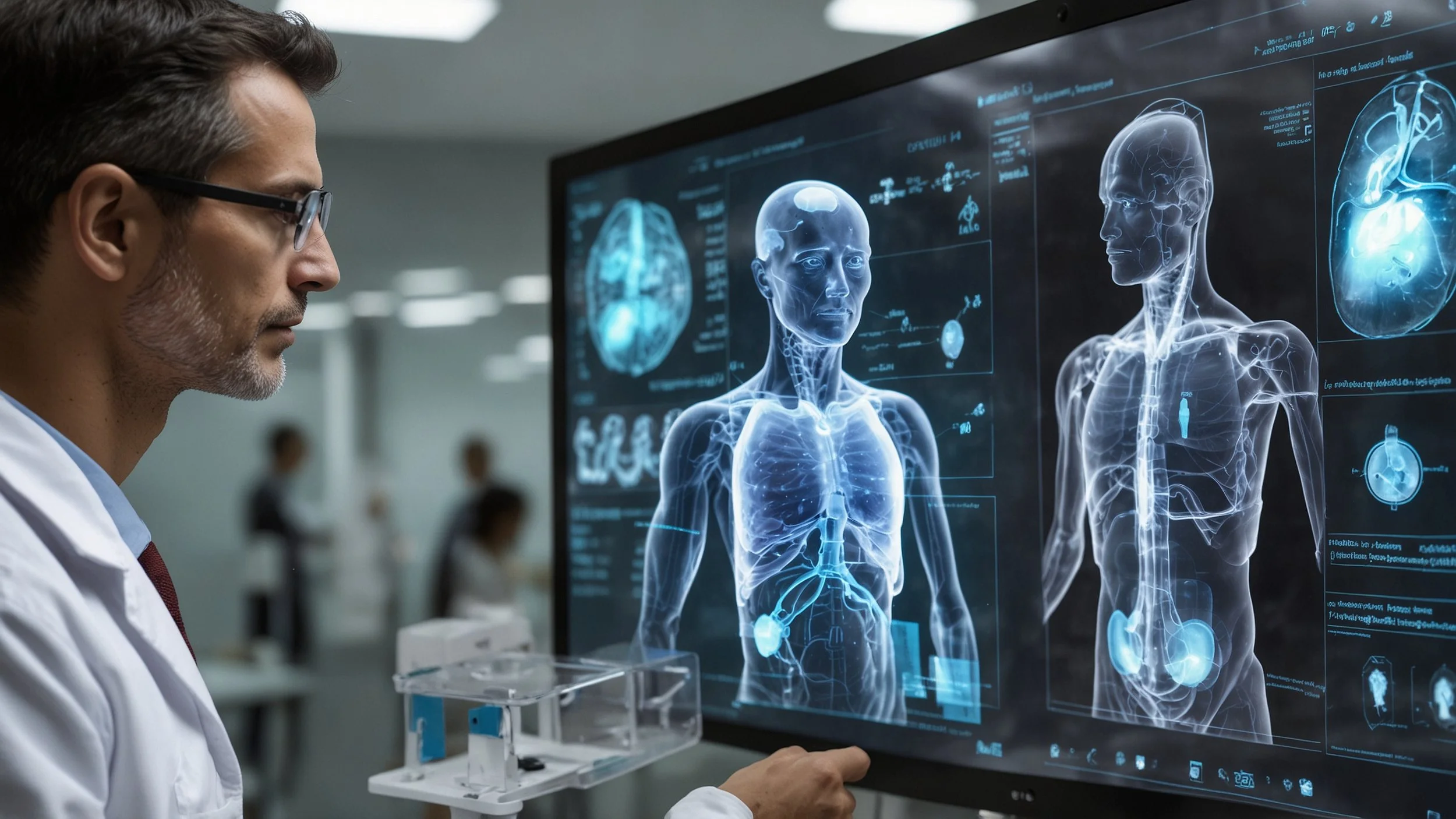Artificial Intelligence Agent: Revolutionizing Human-Machine Interaction
Artificial intelligence is progressing from a mere tool to an ally capable of making informed decisions and acting autonomously. This phenomenon is called agent AI, which has the potential to revolutionize key industries through automation, independence and obvious ethical responsibility. This text examines its consequences, examples and its presence in our daily lives.
From Automation to Autonomy
The Artificial Intelligence agentic intelligence transcends the confines of conventional automation by not relying solely on pre-established rules. Its ability to adjust to novel and challenging circumstances makes it invaluable in dynamic areas such as healthcare and production. These systems acquire knowledge from their environment, enabling them not only to function autonomously but also to constantly refine through experience. From being a mere tool, they are transformed into an ally capable of making informed decisions and acting autonomously. This phenomenon is called agent AI, which has the potential to revolutionize key industries through automation, independence and an obvious ethical responsibility. This text examines its consequences, examples and its presence in our daily lives.
Changes in Human-Machine Collaboration
Rather than replacing humans, agentic AI functions as an ally that enhances human ability.
In the customer service sector, Artificial Intelligences can perform tasks such as handling everyday queries. This frees up human employees to focus on more complex issues that require empathy and judgment.
In the creative industry, these tools are capable of generating novel ideas. This capability allows industry professionals to focus on higher-level tasks such as strategic reasoning.
In terms of problem solving, AI makes it easier for humans to focus on more complex challenges, as the machine handles basic and repetitive information.
Human-AI collaboration creates an environment where innovation is more accessible. The mental representation of problems is expanded and empowered by machine support.
The development of joint human-machine skills is enhanced by agentic AI, enabling more efficient use of resources and time.
Ethics and Regulation: New Challenges
As agentic AI gains more autonomy, the question arises as to who is responsible when decisions made by the AI generate adverse effects.
It is critical to develop frameworks for AI accountability, including transparent decision processes and auditable systems.
These systems should guarantee human involvement when necessary, to ensure that control and oversight over AI actions is maintained.
The ethical challenges are as relevant as the technological progress in this field.
Interdisciplinary joint work is required, combining expertise in technology, ethics, law and other disciplines.
Implementing these frameworks will help mitigate the risks associated with the growing autonomy of AIs.
It will also build confidence in the use of these emerging technologies on a global scale.
The application of agentic AI provides great potential for benefit, but also requires meticulous management of risks such as information privacy and algorithmic bias. A balanced approach, involving technology experts, labelers, regulators and end users in the design and regulation of these systems, is imperative. Thus, this new frontier has the potential to expand our human potential, provided it is handled with the moral respect it deserves.






